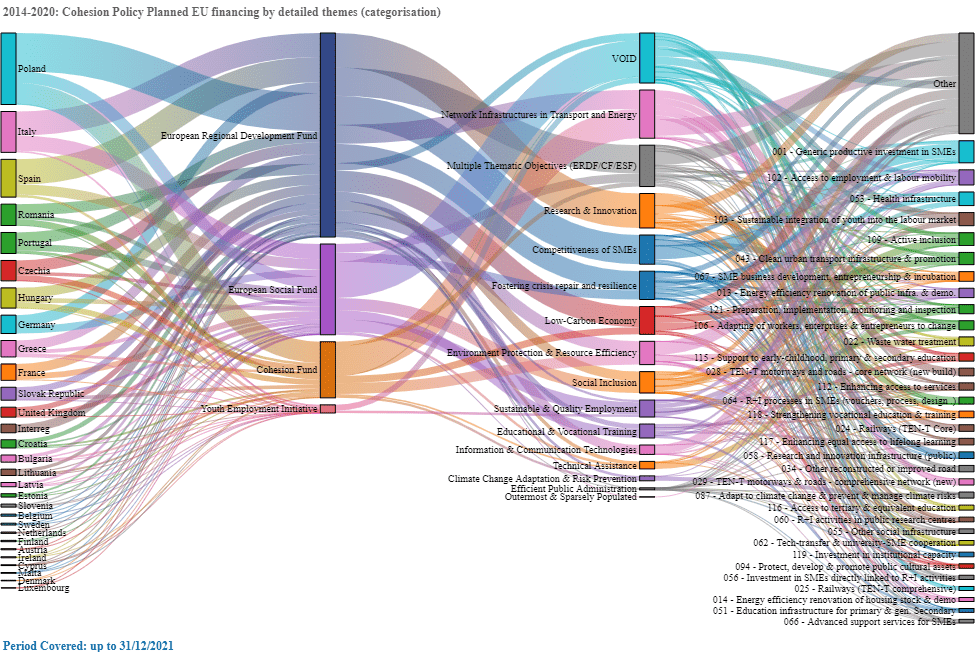The European Union is preparing a major update to its Cohesion Policy framework, with the aim of better aligning regional development with today’s strategic challenges and tomorrow’s opportunities. This modernisation seeks to make Europe’s regions more resilient, sustainable, and inclusive — while continuing the long-standing mission of reducing economic and social disparities across the continent.
At the heart of the new approach lies a shift in focus. Investments in affordable housing, water resilience, and clean energy are now seen as essential pillars of regional growth, reflecting a broader understanding that infrastructure alone is not enough to build thriving communities. The updated framework also introduces more flexibility, allowing regions and member states to reprogramme part of their 2021–2027 funds to respond to emerging issues such as climate adaptation, migration, or the digital transition.
The European Commission stresses that this renewed Cohesion Policy will not abandon its traditional purpose but rather expand it — linking territorial development with the wider European agenda of green transformation, social equity, and technological innovation. It also highlights the growing importance of local ownership and collaboration, encouraging regions to work more closely with municipalities, civil society, and local businesses to design and deliver impactful projects.
For organisations like ours, this evolution represents both an opportunity and a responsibility. We must ensure that our regional initiatives reflect not only local priorities but also the shared European vision for sustainability and resilience. By engaging actively with the new policy framework, and by fostering partnerships that bridge public and private actors, we can help ensure that our region remains a strong participant in Europe’s path toward inclusive growth.

